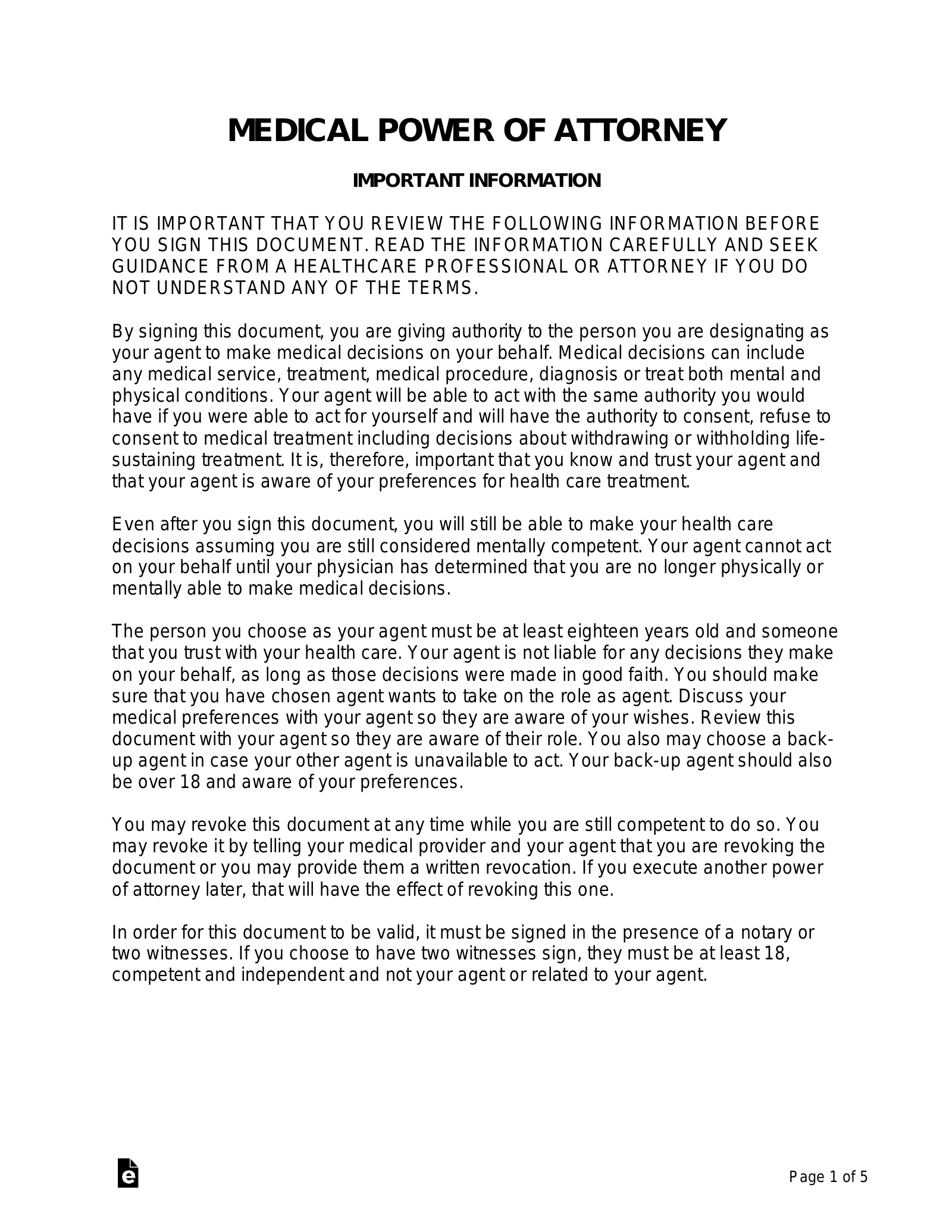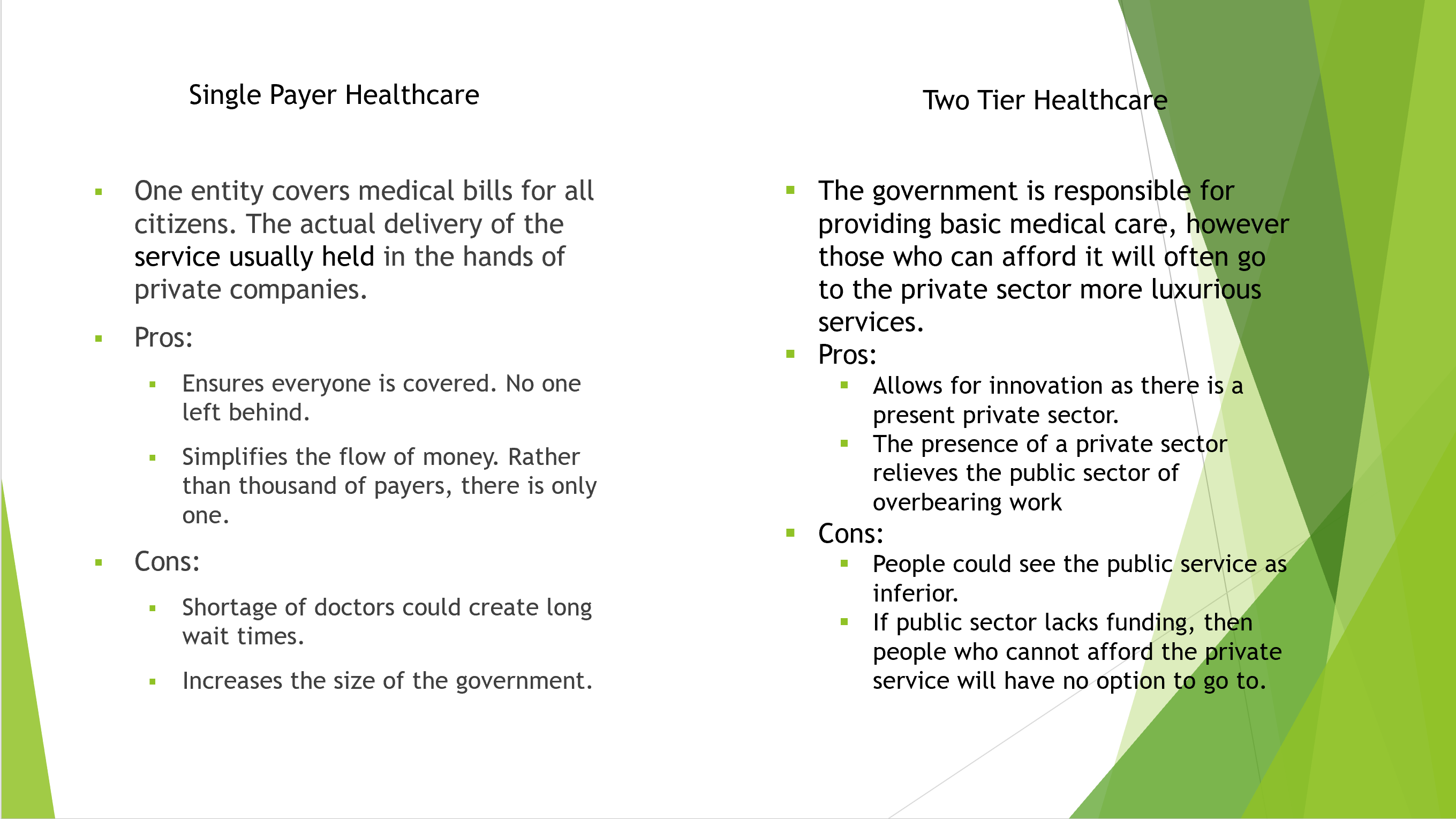Expense Clinton campaigned for president on a platform that consisted of health care reform in 1992. Comparable proposals had actually been made earlier, as universal health care was likewise part of the platform of Jesse Jackson's stopped working 1988 governmental quote. Quickly upon showing up in office, Clinton established the Task Force on National Healthcare Reform with his better half Hillary Rodham Clinton working as its chair.
The expense satisfied with opposition from policymakers, insurance business, and physician groups, and did not pass. The failure of Clinton's efforts led lots of officials to view healthcare reform as a concern too complicated and too controversial to risk losing any political influence over (what is required in the florida employee health care access act?). In contrast to the Health Security Act, Agent Jim McDermott (D-WA) introduced the likewise named American Health Security Act in 1993, which would have developed a single-payer system - which countries have universal health care.
In the early twenty-first century, state and federal officials showed renewed interest in expanding healthcare coverage. In 2003 Agent John Conyers Jr. (D-MI) first introduced the United States National Medical Insurance Act, which required a single-payer health care system, however the bill received neither an argument nor a vote on the House floor.
While the federal government took little action toward attaining universal healthcare, state lawmakers experienced success at expanding health coverage in Massachusetts in 2006. The Massachusetts system mandated that every citizen obtain health insurance coverage or pay fines. The system is often called "Romneycare" in referral to Mitt Romney, who worked as guv during its implementation.
The Ultimate Guide To Which Of The Following Countries Spends The Most Per Capita On Health Care?
Experts have actually attributed the success of the Massachusetts system to federal government subsidies, which enabled more individuals to buy insurance coverage, and to the program's insurance coverage mandate, which attracted insurance provider due to the fact that they got more customers. In turn, having more individuals add to the fund drove prices down. In 2008 Barack Obama campaigned on healthcare reform in his quote for president, drawing heavily on the Massachusetts model.
The efforts of his administration caused the passage of the Patient Protection and Affordable Care Act (ACA), also referred to as "Obamacare," in 2010. According to the Centers for Disease Control and Avoidance, the portion of Americans who did not have medical insurance dropped from 16 percent in 2010 prior to the law went into impact to 8.6 percent in the final months of Obama's presidency.
Alternatively, some critics considered the overhaul of the healthcare system insufficient, competing that a single-payer system would better serve the population. Vermont senator Bernie Sanders, whose 2016 presidential quote stressed health care reform, introduced the Medicare for All Act of 2017, a proposition to expand federal government health coverage to all people and locals.

Among the expense's cosponsors, Senators Cory Booker (D-NJ), Kamala Harris (D-CA), Kirsten Gillibrand (D-NY), Elizabeth Warren (D-MA), and Sanders himself all signed up with the field of competitors for the Democratic Celebration's 2020 governmental nomination. In July 2018 more than seventy Democratic members of your house of Representatives formed the Medicare for All Caucus to sponsor briefings on healthcare reform.
The Best Strategy To Use For A Health Care Professional Is Caring For A Patient Who Is About To Begin Taking Isoniazid
As assistance for a single-payer system has actually grown among progressive factions within the Democratic Party, some critics, including fellow Democrats, have argued that a health care system without a function for private insurance could lead to a decline in quality of service. A regularly mentioned study performed by scientists at Harvard Medical School and Cambridge Health Alliance in 2009 identified that almost 45,000 Americans die each year due to problems associated with their lack of medical insurance.
By ensuring that people and homeowners have access to budget-friendly medical services, universal health care can improve general public health by treating the sick, promoting preventative care, and providing fundamental care to all clients. Critics warn, nevertheless, that universal healthcare could cause decreased quality of care and long haul times.
In 2018 the choice of England's National Health Service to withdraw life support from toddler Alfie Evans versus the moms and dads' dreams sparked a worldwide dispute over how decisions are made in a single-payer system. In response to concerns over rationing, some medical specialists and financial experts assert that allocating exists in all health care systems since resources are constantly restricted.
Disparities in medical treatment throughout the United States also recommend that access to medical services can be depending on where patients live and where they are utilized as well as group aspects such as race, gender, and ethnic background. Some healthcare specialists have argued that the Medicare system in the United States can be defined as a specific type of healthcare rationing due to the fact that the program only offers coverage to individuals ages 65 or older, individuals with particular specials needs, and people with End-Stage Kidney Illness.
The 20-Second Trick For How Many Countries Have Universal Health Care
Many critics of universal health care point out the potential expenses of application as the main reason for their opposition. Some critics of universal health care have voiced concern that a single-payer system would cause people seeking unneeded treatments and that the overuse of services would drive general expenses up.
In 2018 researchers at the Mercatus Center at George Mason University conducted a research study to figure out the expense of carrying out the Medicare for All Act of 2017. Opponents of single-payer healthcare at first celebrated the outcomes, which revealed Sanders's strategy would cost $32.6 trillion over 10 years. Nevertheless, Sanders reacted by noting that report's overall indicated savings of $2 trillion compared to spending forecasts without implementing reforms.
A 2003 study in the New England Journal of Medicine discovered that 31 percent of United States health spending approached unnecessary administrative costs. Lowering these expenses could enable limited resources to be used more effectively. The Mercatus Center report alerts, nevertheless, that federal government programs tend to accumulate substantial administrative costs and that government-run health care might likely incur similar costs, making projected savings uncertain.
WASHINGTON (AP) The Most Recent on the midterm elections (perpetuity local):7 p.m. Republican politician U.S. Rep. Steve Knight has yielded the last GOP-held Home seat anchored in Los Angeles County. Democrat Katie Hill holds a 2-point lead, and Knight said Wednesday that the voters have spoken. Countless tallies stay to be counted, and The Associated Press has not called the race (what is the affordable health care act).
The 9-Second Trick For Why Single Payer Health Care Is Bad

hopscotched throughout the post-Civil War South, attacking the makeshift camps where numerous countless newly freed African-Americans had taken haven however leaving surrounding white neighborhoods relatively unharmed. This pattern of condition was no secret: In the late 1860s, medical professionals had yet to discover infections, however they understood that bad nutrition made people more prone to disease which poor sanitation added to the spread of disease.
Smallpox was not the only health variation Check out here dealing with the newly emancipated, who at the close of the Civil War dealt with a substantially greater mortality rate than that of whites. Regardless of their immediate pleas for assistance, white leaders were deeply ambivalent about intervening. They fretted about black epidemics spilling into their own neighborhoods and desired the previously enslaved to be healthy sufficient to return to plantation work.
Congress established the medical department of the Freedmen's Bureau the nation's first federal health care program to resolve the health crisis, however officials deployed just 120 or two physicians across the war-torn South, then neglected those physicians' pleas for workers and devices. They put up more than 40 health centers however prematurely shuttered many of them.